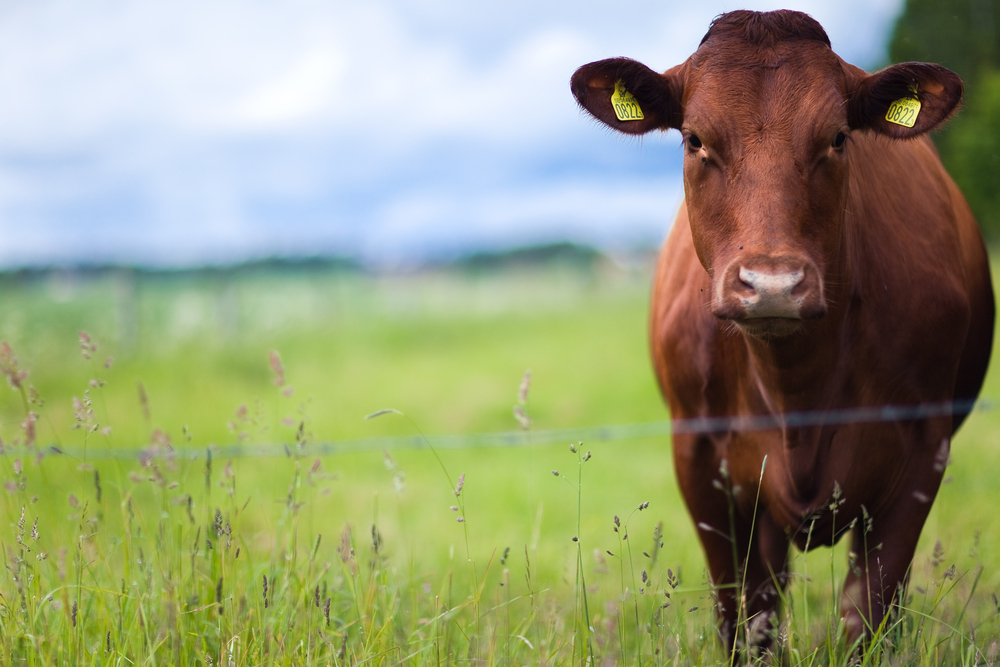Breeding farms have a bigger challenge than trading farms when it comes to a fodder crisis, according to the Irish Cattle and Sheep Farmers’ Association’s (ICSA’s) suckler chairman, John Halley.
Halley outlined that it is “increasingly likely” that a targeted aid package for farmers who are suffering acutely from the drought will have to be considered.
Commenting on the situation, he said: “While the impact of the drought to date has been widespread, the longer-term consequences will vary significantly according to farm enterprise and depending on location.
“For some farmers, the consequences are potentially disastrous and the ICSA is particularly concerned about suckler farmers who will not be able to cope because income levels have been low for so many years.
Breeding farms have a bigger challenge than trading farms when it comes to a fodder crisis, because the impact of selling breeding cows is to destroy a lifetime’s work.
Dairy farms – on the other hand – have “a lot of support from co-ops and also the benefit of cash reserves from last year,” the ICSA’s suckler chairman said.
These are comforts that don’t exist for suckler farmers, he added.
Continuing, Halley said: “Over the past week, the rainfall levels have varied significantly and moisture deficit charts show significant differences between counties.
“So, it is clear that part of the solution will have to involve supports being targeted at vulnerable suckler farmers, particularly those in areas where the worst impact of drought persists.”
Fertility
Meanwhile, the ICSA is also very concerned that the drought has already impacted fertility and calf growth rates in many suckler herds.
Halley stressed that these impacts cannot be overcome in the short term and the potential hit on suckler income is massive if weanlings have not reached their normal performance targets in herds selling weanlings.
Calving Interval
As well as this, the farm organisation noted a growing concern that the massive effort to decrease calving interval in suckler herds will be reversed.
While dairy farmers can supplement cows with meal, the economics of sucklers means that feeding substantial quantities of meal to suckler cows was never a runner, Halley said.
“Farmers will need flexibility to allow them to sell surplus stock, even if it means not meeting the four and five-star targets in 2018,” he said.
